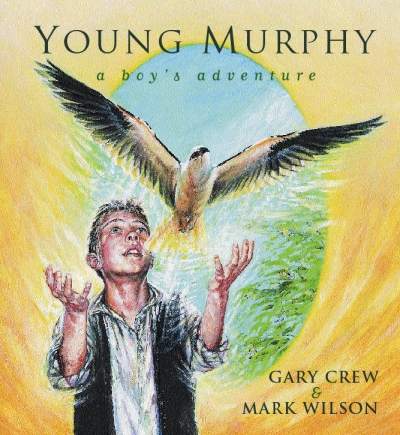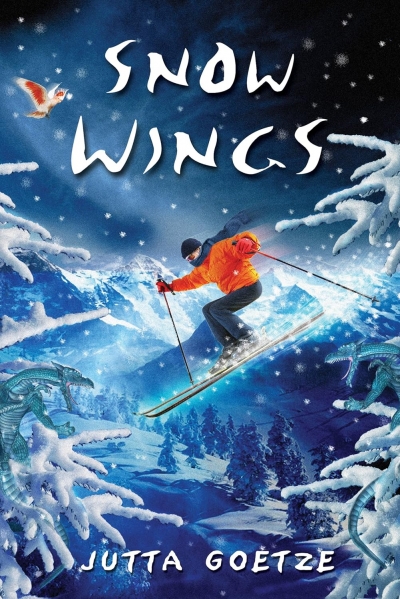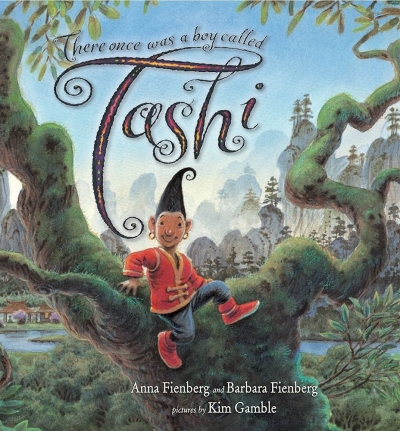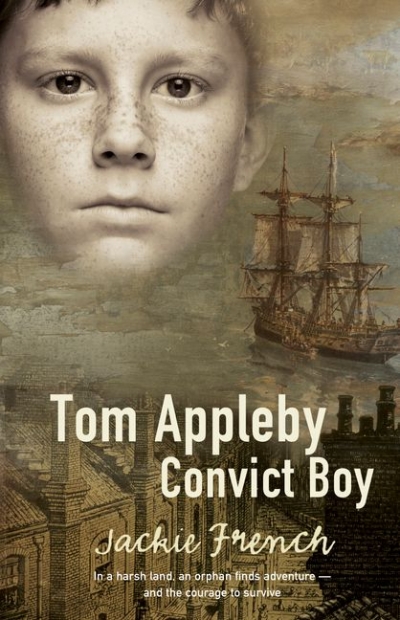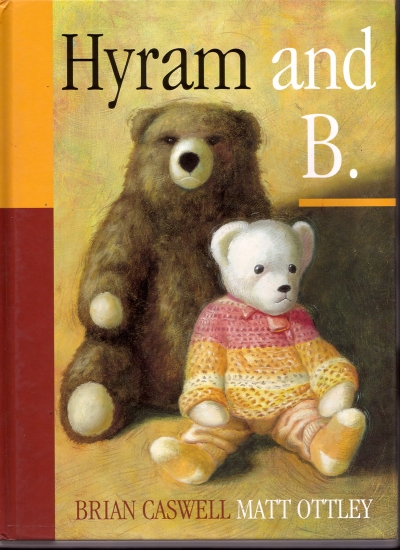Children's Fiction
Miss McAllister’s Ghost by Elizabeth Fensham & Take it Easy, Danny Allen by Phil Cummings
Humour sells, and it is no coincidence that the best-selling authors in children’s fiction know how to tell a funny story. It can be pure escapism of the silliest sort or the kind of humour that helps us to cope with life’s disappointments, hardships and embarrassments. Most childhoods contain plenty of all three and thus provide rich material for writers, and none has pushed the boundaries further than Morris Gleitzman. Walking a fine line between what is funny and what is painful, he has successfully employed humour to explore such subjects as euthanasia, homosexuality, cancer and birth control, and the result has been books that have made thousands of readers laugh and cry, sometimes simultaneously. But the proliferation of recent titles featuring worms, toads and nostrils as protagonists has left me unmoved, and I feel lukewarm at best about those children overboard, underground or hiding from Nazis. Often the humour has seemed forced and contrived.
... (read more)Life’s not easy when … (fill in the blank according to your main story issue). It is a line that appears frequently on back covers and in press releases for junior fiction. But life is getting a lot easier for parents and teachers of reluctant readers who would far rather race around with a ball than curl up with a book. With the arrival of the sports novel, they can now read about somebody else racing around with a ball – or surfing, swimming, pounding the running track, wrestling, or cycling (the genre covers a wide field). Balls, however, seem to predominate. And problems. Life isn’t easy for publishers without a sports series. Hoping to emulate the success of the ‘Specky Magee’ books written by Felice Arena and Garry Lyon, publishers have been busy throwing authors and sport stars together, one to do the creative business, and the other to add verisimilitude and sporting cred.
... (read more)Young Murphy by Gary Crew, illustrated by Mark Wilson & 101 Great Killer Creatures by Paul Holper and Simon Torok, illustrated by Stephen Axelsen
Snow Wings by Jutta Goetze & The Rat and The Raven by Kerry Greenwood
Friendship is an integral part of the human condition. As the picture books reviewed here show, it can take many forms: an inanimate object; something you magically concoct; someone you meet in a shelter for the homeless; the firefighters who save your house; or even a well-loved poem. However, which, if any, of these books will become a child’s lifelong friend will depend not only on the needs and tastes of the individual child but also on how effectively the illustrator and author have combined their talents to present an engaging and meaningful narrative.
... (read more)There Once Was A Boy Called Tashi by Anna Fienberg and Barbara Fienberg, illustrated by Kim Gamble & The Boy, the Bear, the Baron, the Bard by Gregory Rogers
Tom Appleby, Convict Boy by Jackie French & Stoker's Bay by Peter Jeans
Katharine England
My favourite books this year have all been tales of self-discovery. I loved the teenage characters emerging from their crude, protective, school-induced carapaces into engaging, tender individuality that Melina Marchetta draws with such affection and humour in Saving Francesca (Viking). I was riveted by the magical adventures, beautifully told, of a nameless Chinese slave girl as she grows into her prestigious and responsible dragon-tending role in Carole Wilkinson’s memorable Dragonkeeper (black dog books); and by the lyrical language and clever interweaving of themes (the horrors of Hiroshima with the power of story and the blessings of friendship) in Kierin Meehan’s Night Singing (Puffin).
... (read more)

